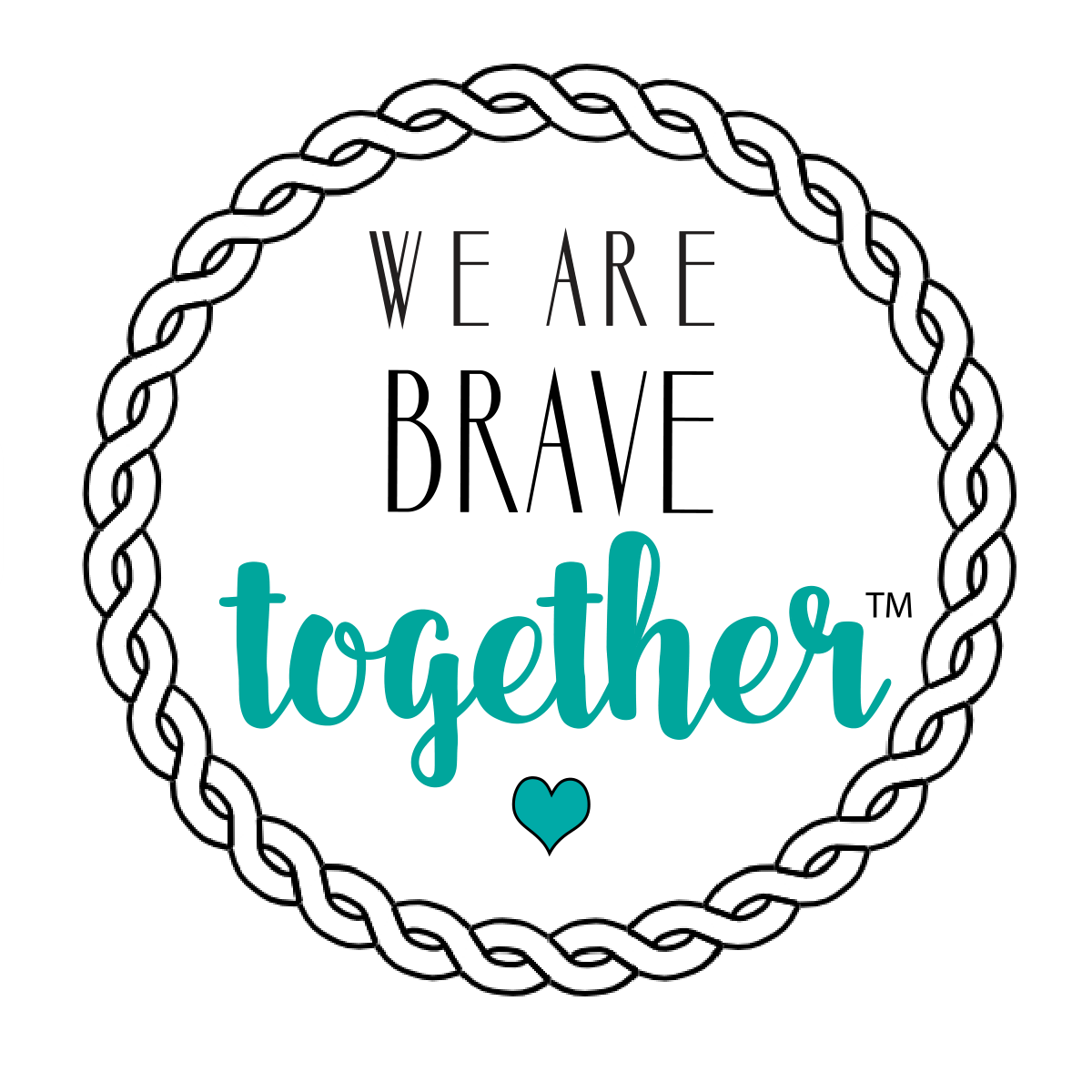Gramma Tala and the Mercy of Matsumoto’s Shave Ice
written by Anika Atkins
The emergency room on the Big Island had the kind of energy you’d expect from a place next to a beach: casual, cheerful, vaguely confused about why we were so tense. A nurse asked if we were “visiting or local” while our daughter’s heart was racing like she was trying to outrun her own body. I gave her a tired smile—the kind that comes from knowing I was about to recite Ella’s entire medical history, which is roughly the length and complexity of a small encyclopedia set.
Our daughter has a rare disease. A real overachiever of a diagnosis that impacts multiple systems and shows up to vacations like an uninvited relative who immediately sets the kitchen on fire. We’ve had years of ERs, specialists, near-misses, and resuscitations. We’ve also had years of pretending we’re okay in waiting rooms while holding our breath and Googling her symptoms like detectives on too much caffeine.
This trip was our first vacation in two years. We had made it—bags packed, goggles ready, sunscreen purchased (the expensive mineral kind, obviously). Ella was so excited she couldn’t sleep the night before, whispering about dolphins and sandy toes.
She never touched the sand.
Within hours, she spiked a fever. Her heart rate climbed. Her breathing changed. And all our hard-won hope unraveled, again.
“She’s not compensating,” the ER doctor said—too perky, direct, capable. “We’re going to medevac her to Oahu.”
Of course we were. Because why wouldn’t we hop islands during a health crisis? That’s just our version of inter-island travel.
The medic on the flight, a woman with a calm yet focused demeanor, looked like she had seen it all. Even she had that tight-lipped seriousness that only appears when things are close to the edge. “We need to put oxygen on her,” she said, gently but firmly. We nodded like professionals. Because we are. Not by choice, but by necessity. We’ve seen this before. We’ve given crash courses on her diagnosis to five different nurses before breakfast.
We landed in Oahu and were swallowed by the machine: labs, monitors, specialists. We parents held the line, speaking in acronyms and metabolic jargon. “Ella has Infantile Pompe disease, diagnosed at three months of age, secondary immune deficiency due to nine months of chemotherapy last year and overall muscle weakness that effects the heart and lungs—oh, and she’s allergic to adhesive tape.”
“Wow,” a nurse said. “You guys could be doctors.”
“Yeah,” I said, dry. “Too bad we never applied to med school.” (I doubt my grades would have sufficed).
And in the middle of all this—this performance of strength, this balancing act—we cracked a little. Or at least, I did. Quietly. Inside. I looked at our daughter, hooked up to machines instead of floating in the ocean like she’d dreamed, and I asked the question I only ever whisper:
Why her? Why us? Where’s the sacred in this?
We never touched the sand. Didn’t get one stupid beach day. Just once, couldn’t it be someone else’s emergency?
That’s when she walked in
The nurse.
She was older, Hawaiian, with long gray hair pulled back and an expression of stillness I’ve only ever seen in mountain ranges. She smelled like plumeria and quiet courage. Ella looked up and gasped: “It’s Moana’s Gramma Tala!”
Honestly? She wasn’t wrong.
The nurse didn’t say much. She sat beside Ella’s bed, took her hand, and began to sing. A classic Hawaiian song—soft, slow, unhurried. The kind of melody that makes your chest loosen without permission.
Her vitals eased. Her breathing slowed. Her tiny fists unclenched.
I sat there thinking, God? Is that you? Singing a lullaby in a floral scrub top while our daughter tries not to die on a vacation we didn’t even get to start?
Because here’s the ridiculous truth: This is how God shows up for us. Not in thunderclaps or miracles. In songs. In the hands of strangers. In nurses who smell like flowers and make your kid think she’s being serenaded by Disney royalty.
And yes, it’s sacred. But also?
I’m mad. I’m tired. I want to throw a coconut at the sky.
We’re strong. We’ve been strong for so long. We know the drill. We’ve held our daughter’s body through too many battles and whispered her back into this world more times than I care to admit.
But sometimes I want to yell at the heavens: Can we just have ONE normal week? One swim? One dolphin?
I want to say: God, I know You’re here, and I know You’re good, but also—You’re kind of terrible at vacation planning. And still… that night, as the nurse sang, and Ella finally fell asleep, and the machines quieted, I felt it.
That strange, defiant beauty.
The sacred doesn’t wait for things to be perfect. It walks into our mess. Sings over our exhaustion. Shows up when we are cracked open and too tired to pretend we’re okay.
We didn’t touch the ocean. We never saw a dolphin.
But we did get Matsumoto’s shave ice. We sat in the rental car, sun blazing through the windshield, holding foam cups of syrup-soaked snow while our daughter dozed in the back seat, still pale but stable. And for ten quiet minutes, it felt like maybe, just maybe, life had thrown us a little piece of mercy. A small, sticky, neon-colored mercy.
And honestly… it was enough.
Because the sacred isn’t in perfection. It’s in presence. In survival. In one more breath. In the mess. And somehow… that is enough.
written by Anika Atkins - Rare Disease Advocate, Devoted Mother and Wife who, in a former life, taught medical ethics but who now lives it!



